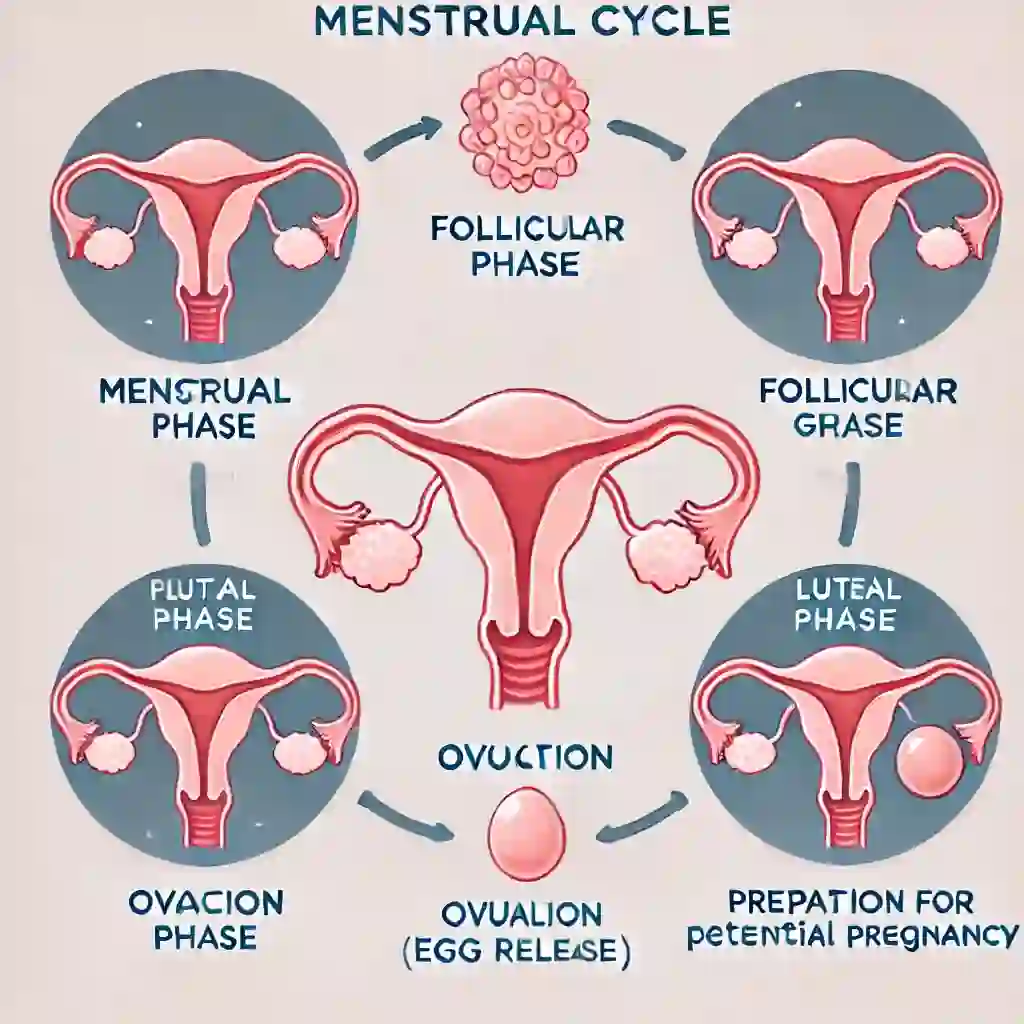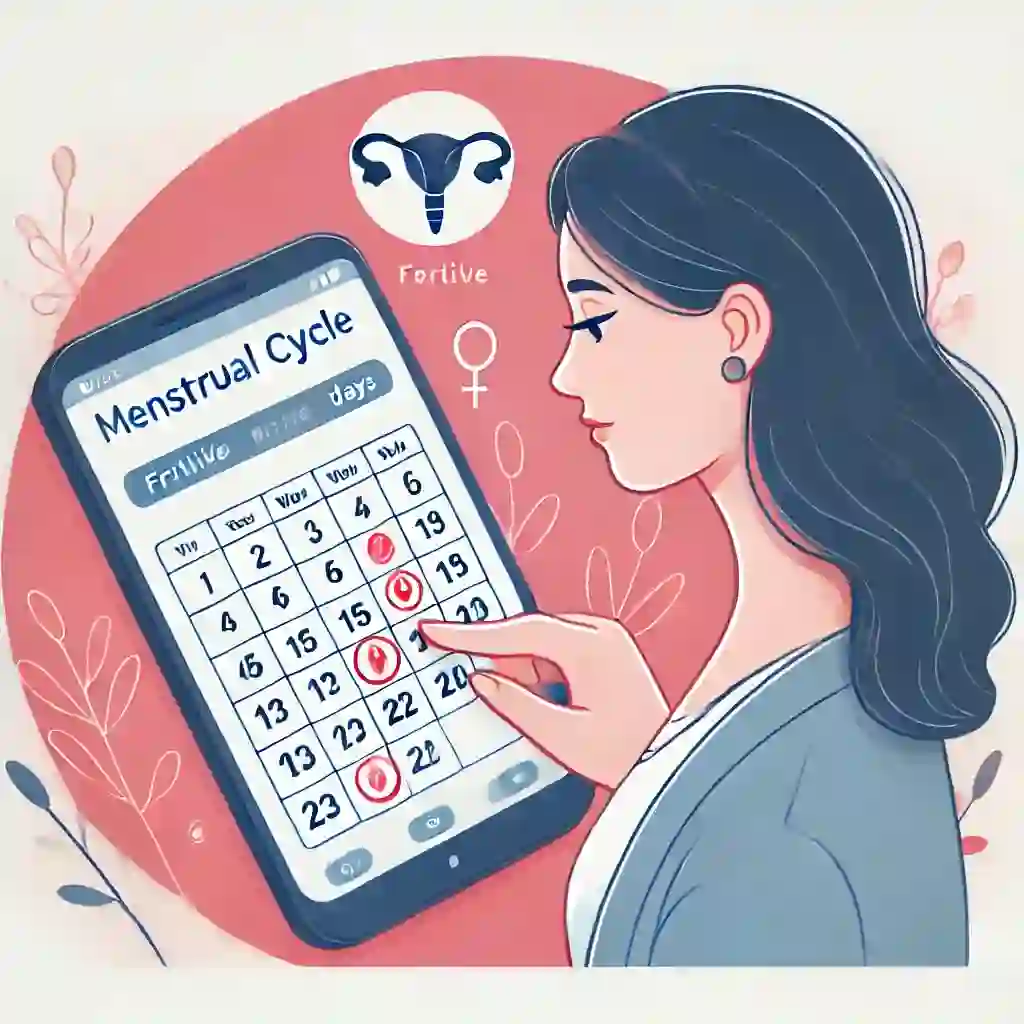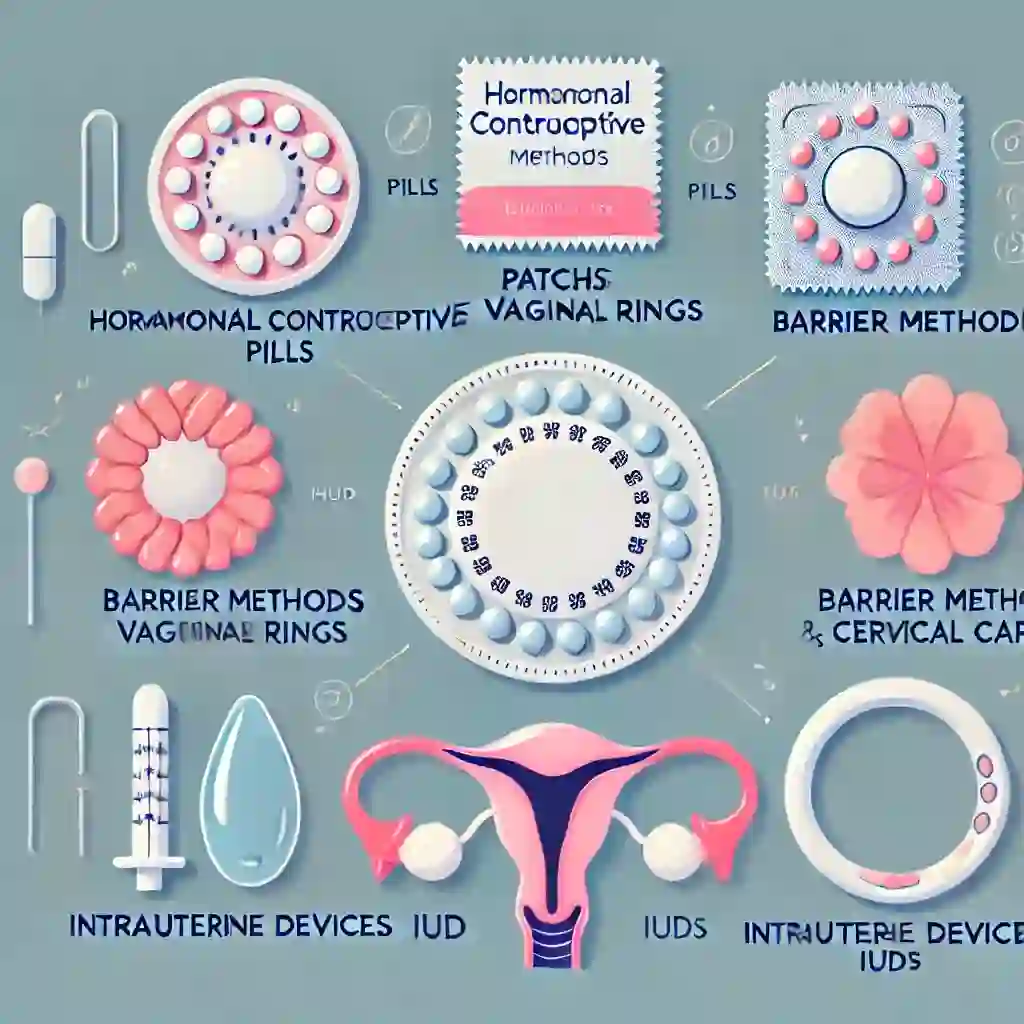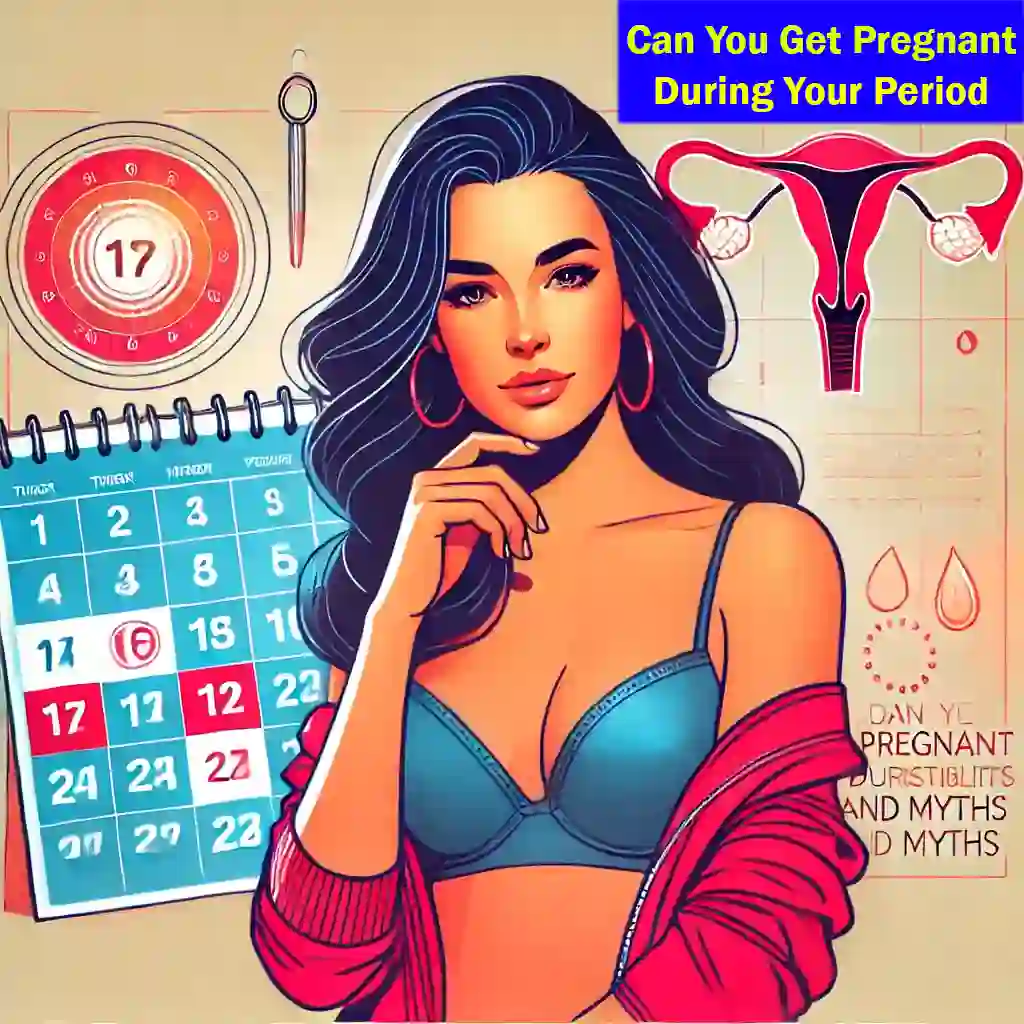Table of Contents
Understanding the Possibilities and Myths
There are multiple reasons for a woman to have an opportunity to get pregnant, and whether it is for actions or no action, it happens during the period. The following review will identify the possibility, common myths, and facts on ‘can you get pregnant during your period‘ and how a woman can conceive a child when menstruation occurs. Basic knowledge of the menstrual cycle and women’s organism is necessary.
The Menstrual Cycle
A typical menstrual cycle is called to average 28 days duration, conforming to be able to happen from 21 to 35 days in different women. The menstrual cycle is divided into distinct phases:
- Menstrual Phase: This phase is when the uterine linings are shed by bleeding, clear from the uterine cavity. This phase happens from 3 to 7 days on average.
- Follicular Phase: Stretching from the end of the menstrual phase, this phase preps the egg for ovulation, where follicles grow in ovaries.
- Ovulation: This happens on day 14 of the 28-day cycle when the released egg leaves the ovary.
- Luteal Phase: This phase starts from when the bleeds end till the day before the period starts. The body will coat preparation happens when conceiving may be possible.

Also read: 5 Common Mistakes During The Menstrual Cycle Of Women
It should also be mentioned that the fertilization window is short, but sperm can be preserved in the female tract for up to 5 days. Thus, meaning if s*e*x happens at the end of the period and ovulation is the next morning, sperm will still be able to meet the ready-to-be egg. However, it is less probable; in fact, if she has a 21-days cycle, the ovulation will occur right after menstruation.
Irregular Cycles and Misinterpreted Bleeding
- Irregular Cycles: Some women have irregular cycles, which can make it difficult to estimate ovulation. In such scenarios, one might conceive unexpectedly.
- Misinterpreted Bleeding: Sometimes women might experience bleeding or spotting when they ovulate, which might be mistaken for a menstrual period and create confusion about the fertile window.

The Science of Conceiving During Periods
So, how possible is it scientifically to conceive during menstruation? Well, the science aspect is dependent on the viability of the two components involved in fertilization, the sperm, and the ovum. Sperm can survive in the female reproductive system for five days. Therefore, if someone has intercourse on the last day of the period and ovulates, the sperm might still be alive, and that it can be transferred to the egg.
Myths and Misconceptions
- Safe Periods: It is a common myth that periods are a safe time to have s*e*x without pregnancy. This is a popular myth leading to unexpected pregnancies.
- Cycle Regularity: Some people think that all women have regular cycles. Cycle regularity varies among individuals and might vary from one cycle to another. It is contingent on the timing of ovulation and your fertile window.
Factors Determining the Likelihood of Conceiving During Periods
- Cycle Length
- Ovulation Timing
- Sperm Lifespan
The Appropriate Use of Personal Narratives and Anecdotes
Take Jane, for example; she believed having s*e*x during that time of the month kept her safe from pregnancy. She had a 24-day cycle, and she conceived after s*e*x inter][course on the final day of her menses. What Jane went through tells us what can happen on the off-chance that you get pregnant when menstruating.
Minimizing the Burden of Unintended Pregnancy
If you do not want to have a baby, then keep in mind if and for what purposes it is worth using these precautions:
- Continuing Contraception: Women should continue related effective contraception, irrespective of the cycle phase. Condoms, hormone implants & injections (Bazel), and other contraceptive methods are also effective in preventing unplanned pregnancies.
- How to Track Ovulation: Start tracking your cycle a little more religiously (you can do it with the help of apps or ovulation kits) so that you truly understand when this window is. This could help you plan – or prevent – pregnancy more proactively.
- Regular Check-Ups: The simplest way to do this is via regular check-ups with a healthcare provider; frequent, open communication can help effectively manage your menstrual health. By tracking your cycle with the help of AI, they will be able to give you personalized recommendations in terms of what is best for both – based on all details from each health history.
Contraceptives on a Roll
Exploring different forms of contraception and what is best for you will help prevent unintended pregnancy. Here are some options:
- Hormonal Contraceptives: This includes birth control pills, patches, and vag*i*nal rings. They prevent ovulation by regulating hormones.
- Barrier Methods: Condoms, diaphragms, and cervical caps. These include the Copper-T which doesn’t allow sperm to reach and fertilize an egg.
- Intrauterine Devices (IUDs): IUDs are placed in the woman’s uterus and help prevent pregnancy. Either hormonal or non-hormonal (copper).
- Natural Family Planning: This involves you and your partner monitoring the menstrual cycles to refrain from having intercourse around fertile periods. It needs knowledge of your cycle and regular tracking.

Seeking Help From Health Care Providers
Meeting with healthcare professionals regularly is important to maintain reproductive health. They can help you with personalized advice, knowing your cycle, and recommending the most convenient methods. Communication with your healthcare provider is the only way to make informed decisions about what you want for your reproductive health.
Conclusion – Can You Get Pregnant During Your Period
Although the chance of becoming pregnant during your period is less likely, it is not impossible. Understanding your menstrual cycle and the use of contraceptives is crucial when it comes to dealing with reproductive health. Please seek personalized healthcare professional advice for any concerns you may have regarding your menstrual cycle or contraception options.
So, in a nutshell, yes, you can get pregnant on your period. With information, charting your cycle, and reliable contraception, you can take control of seeking reproductive health surety- for unwanted pregnancies. Every woman’s body is different, and so knowing your own cycle independently empowers you to take control of the state of your reproductive health.
Read also: The Top 10 Most Beautiful Women in the World



